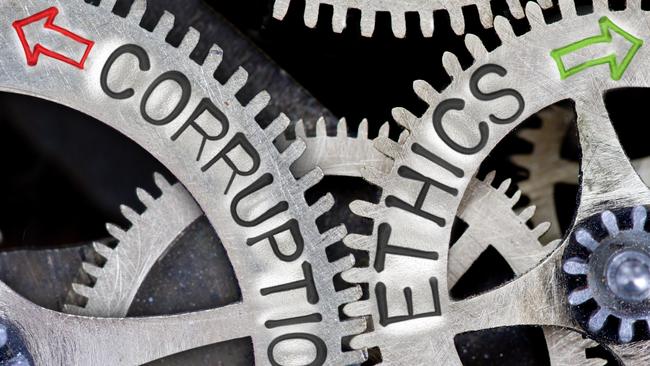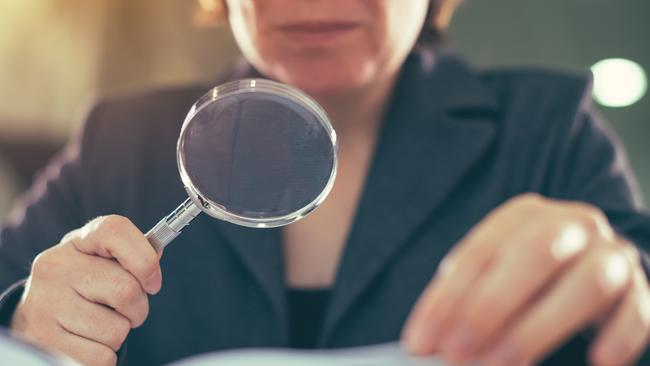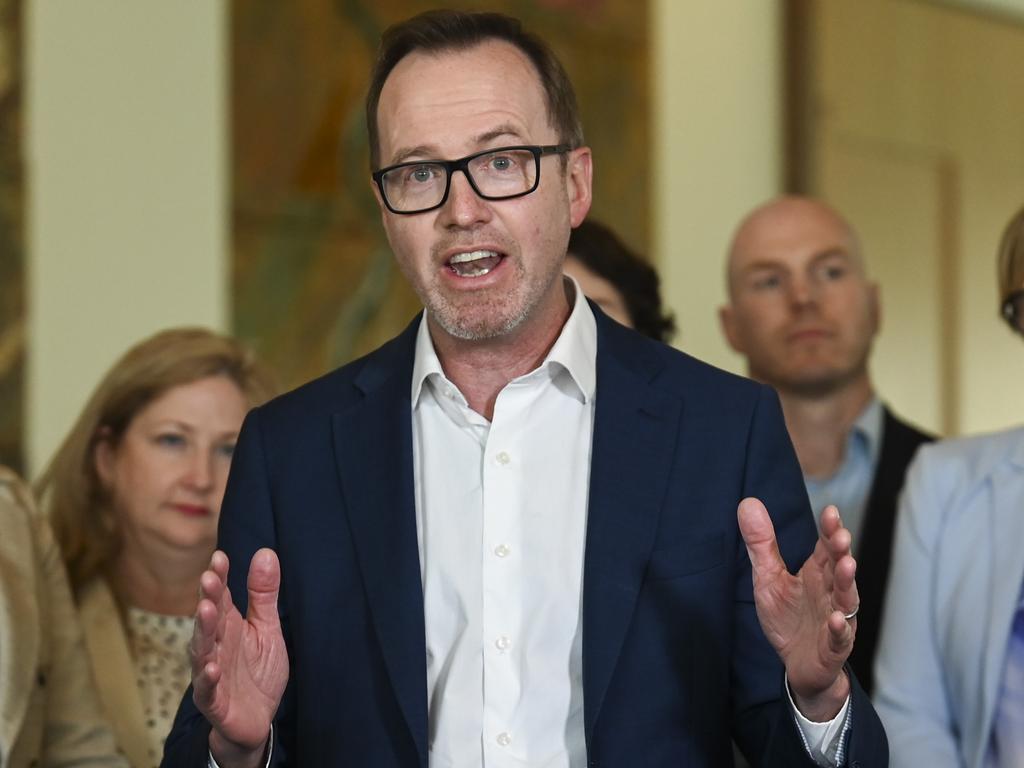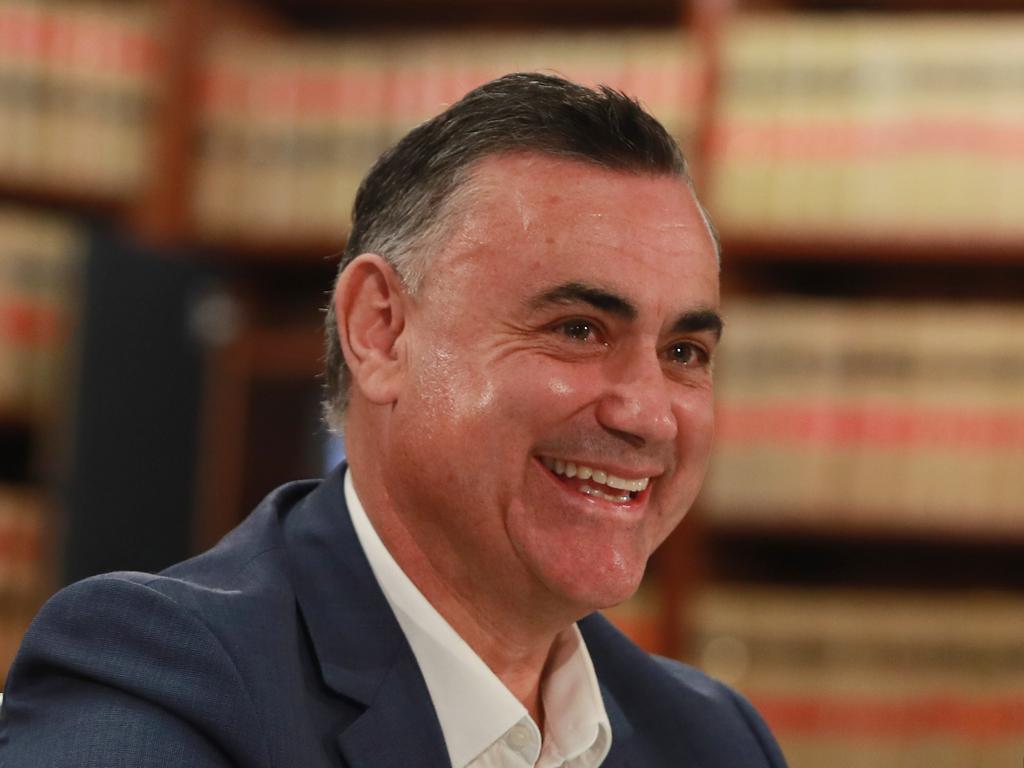Corruption watchdog a start, now give it teeth

But, as state anti-corruption bodies have demonstrated, the national commission will be only as effective as the surrounding law. It will be stymied where the law permits undue influence on public decision-making and other forms of soft corruption.
This demands more attention from the government. Prominent examples of areas in need of reform are the rules governing political donations and political parties. They are designed to avoid transparency or accountability, and instead foster cultures of undisclosed influence, patronage and excessive secrecy.
This is borne out by analysis by the Centre for Public Integrity (of which I am a board member) of 2021-22 donation and financial data of political parties. What is most alarming is what the public has not been told. Across the 2021-22 financial year, parties received $402m, including $91m (nearly 23 per cent) from undisclosed sources. This money shows up on the balance sheets of political parties without explanation.
The problem has got worse. The amount of undisclosed income by political parties grew 33 per cent over the prior year. All up, our political parties have gained $1.53bn in “dark money” since 1998-99 out of $5.1bn of income. Of this, 36 per cent of income received by the Coalition is unexplained and 25 per cent of income received by the ALP.
Questions need to be asked whenever organisations have large sums of unexplained wealth. It is especially important to do so when hundreds of millions of dollars are received by political parties charged with contesting elections and preselecting candidates who the community expects will act in the public interest. The vast sums of undisclosed donations received by our political parties leaves open the possibility they are beholden to secret donors who can exert influence so that political decisions favour the donor over the community.
The secrecy surrounding donations is happening because the law permits it. The law requires donations to be revealed only where they are over $15,200. Very large donations, perhaps from a sensitive donor who wishes their influence to be kept secret, can avoid scrutiny by being split up into several donations and channelled through the different branches of a party.

There is no requirement that these multiple donations be aggregated and disclosed. Well over $100,000 can be donated without anyone being the wiser. It is as if the system has been designed to keep the public in the dark about who is paying our politicians.
The problem is exacerbated by the law permitting parties to adopt structures that inhibit transparency and accountability. Parties have established themselves as unincorporated associations to avoid reporting requirements and oversight. Associations of this type are typically small community groups such as football clubs that are left to manage their own affairs. As private entities of people who come together by mutual consent, they are not seen by the law as demanding public regulation.
This suits those who run political parties. It provides an excellent structure for receiving unexplained wealth and exerting influence by controlling the running of the organisation with little opportunity for external scrutiny. Power can be concentrated in a few people able to entrench their own position and control key decisions, such as who is preselected for parliament. Unsurprisingly, these structures give rise to systems of patronage in which loyalty supersedes integrity.
This is at odds with public expectations for the behaviour of parties and politicians, and the standards set for other bodies that receive public funding. Political parties should not be permitted to receive tax-deductible donations, nor tens of millions of dollars in public money to cover their campaigning costs, without subjecting themselves to reasonable levels of scrutiny and transparency.
The parlous state of our political finance laws combined with the black box presented by parties will make the work of the National Anti-Corruption Commission more difficult. Its job will be to root out corruption as best it can, not to change the law. This requires action by parliament.
Fortunately, parliament will have the opportunity to act in response to the inquiry into the 2022 federal election by its Joint Standing Committee on Electoral Matters. The committee has been presented with a considerable body of evidence showing how the system is broken and how it can be fixed. Reform can be put in place in the first term of the Albanese government backed by a strong body of opinion in the House of Representatives and the Senate in favour of greater integrity in politics. Now is the best chance in decades to clean up the system.
George Williams is a deputy vice-chancellor at University of NSW.






The Albanese government will solve an important part of the integrity puzzle when its National Anti-Corruption Commission begins operation mid-year. The body will play a vital role in investigating corruption across the public sector and in holding officials to account.